 According to the Burlington Free Press, on August 5th, Dairy Farmers of America agreed to pay a sum of $50 million to about 9,000 Northeastern dairy farmers. The farmers filed a lawsuit against Dairy Marketing Services, accusing the marketing cooperative of working with Dean Foods to drive down the price of milk and monopolize the raw milk market. Each farmer would receive a payment of about $4,000. Some Northeastern dairy farmers are opposed to the deal. A judge, who had rejected a previous settlement proposed in March, still needs to approve the settlement.
According to the Burlington Free Press, on August 5th, Dairy Farmers of America agreed to pay a sum of $50 million to about 9,000 Northeastern dairy farmers. The farmers filed a lawsuit against Dairy Marketing Services, accusing the marketing cooperative of working with Dean Foods to drive down the price of milk and monopolize the raw milk market. Each farmer would receive a payment of about $4,000. Some Northeastern dairy farmers are opposed to the deal. A judge, who had rejected a previous settlement proposed in March, still needs to approve the settlement.
In 2011, Dean Foods, a Dallas-based dairy processor, agreed to a $30 million lawsuit settlement payment. The money was paid to farmers in numerous states, including New Jersey, Pennsylvania, Maryland, Delaware, Rhode Island, and Connecticut.
The previous settlement was rejected by U.S. District Court Judge Christina Reiss on the grounds that some farmers opposed the deal. Based on the reasoning for the rejection of the previous deal, it is deemed likely by many that this settlement will be rejected as well.
The farmers opposing the deal argue that the $4,000 per farmer was insufficient financial compensation for the damages suffered. They also deemed the money not worth the possible retaliation they may face from both Dean Foods and Dairy Farmers of America. The farmers argued that the proposal’s injunctive relief left room to allow the two companies to continue trying to create a raw milk monopoly. For the farmers to agree to the deal, there would need to be a significant change in the way the defendants do business.
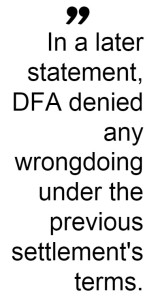 In the first lawsuit settlement proposal, the farmers’ attorneys requested $16.6 million plus expenses. The settlement payment amount remained $16.6 million plus expenses after negotiation. However, both sides agreed to address some of the concerns of the farmers by amending the settlement.
In the first lawsuit settlement proposal, the farmers’ attorneys requested $16.6 million plus expenses. The settlement payment amount remained $16.6 million plus expenses after negotiation. However, both sides agreed to address some of the concerns of the farmers by amending the settlement.
Kit Pierson, an attorney for the plaintiffs, stated that he believed the new settlement was in the best interest of the farmers. However, many farmers, including dairy farmer Jonathan Haar, continue to oppose the deal on the grounds that the primary beneficiaries were counsel.
When requested to comment, Dairy Farmers of America did not respond immediately. In a later statement, DFA denied any wrongdoing under the previous settlement’s terms. They argued that the cost to defend against the lawsuit had become too great, which is why they agreed to the second settlement.


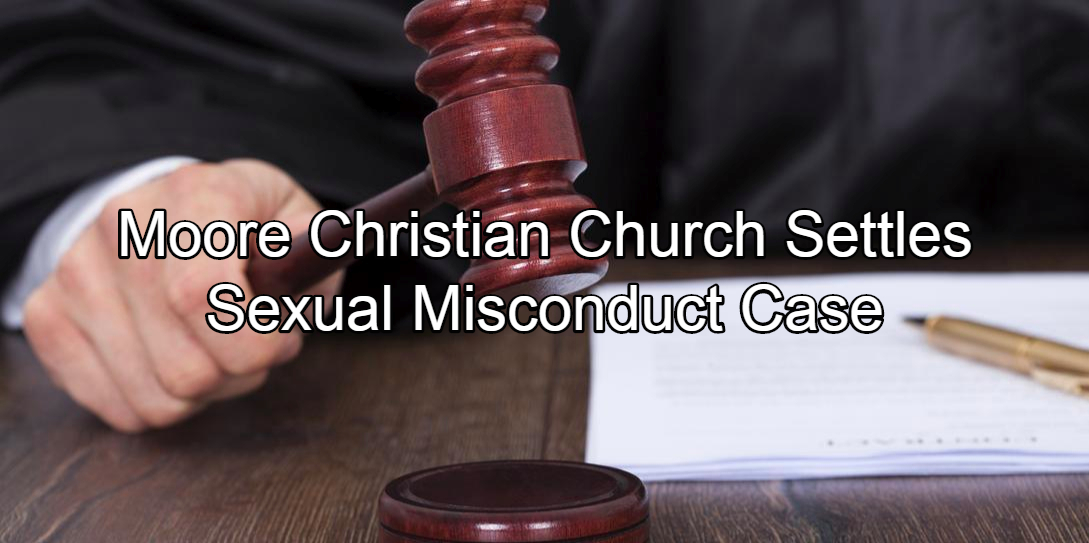
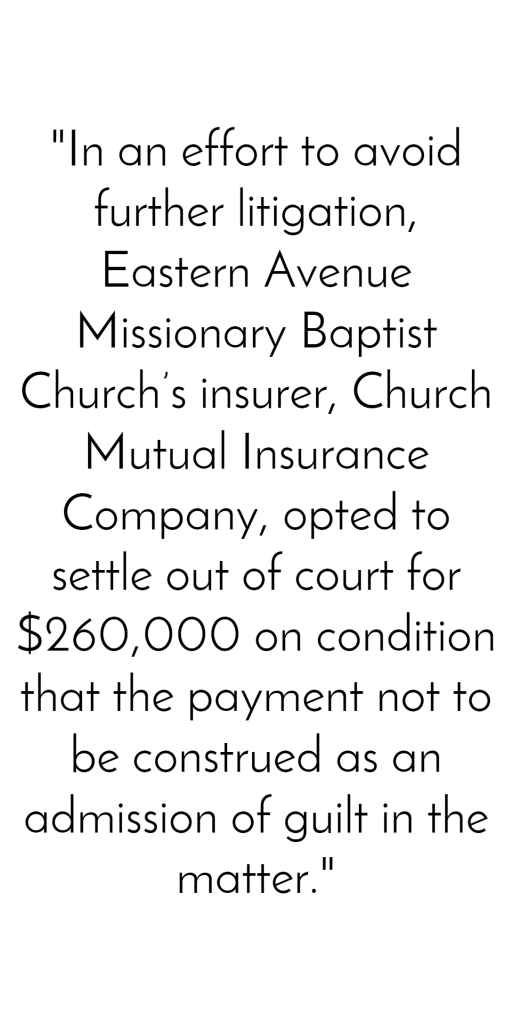 Pattern of Misconduct
Pattern of Misconduct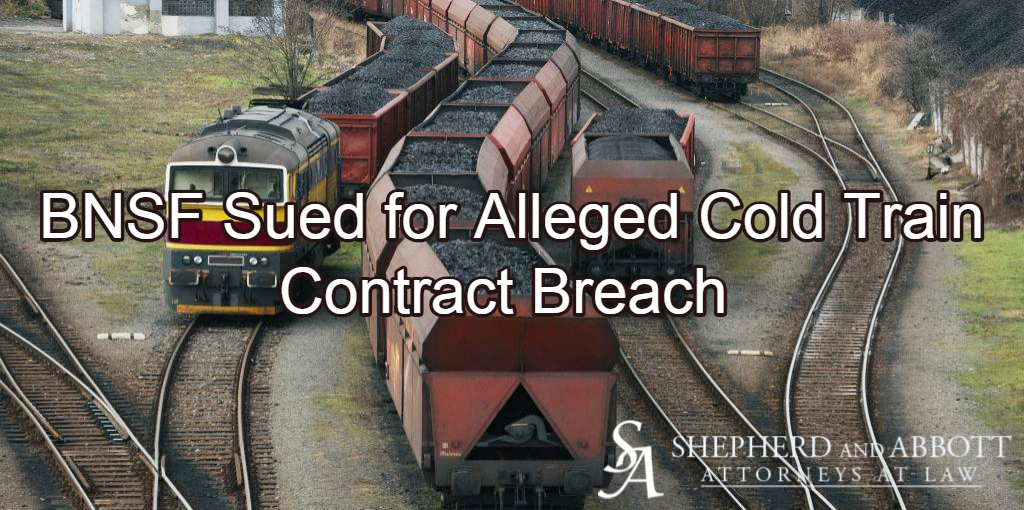
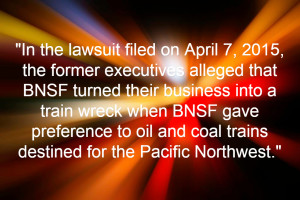 In the lawsuit filed on April 7, 2015, the former executives allege that BNSF turned their business into a train wreck when BNSF gave preference to oil and coal trains destined for the Pacific Northwest. In the lawsuit, Cold Train maintained that, in reliance on its agreement with BNSF, it ordered more refrigerated rail cars and even entered into an agreement with a purchaser to buy the company. According to
In the lawsuit filed on April 7, 2015, the former executives allege that BNSF turned their business into a train wreck when BNSF gave preference to oil and coal trains destined for the Pacific Northwest. In the lawsuit, Cold Train maintained that, in reliance on its agreement with BNSF, it ordered more refrigerated rail cars and even entered into an agreement with a purchaser to buy the company. According to  BNSF was making so much money shipping coal and oil, that it didn’t have sufficient space for the Cold Train containers.
BNSF was making so much money shipping coal and oil, that it didn’t have sufficient space for the Cold Train containers.
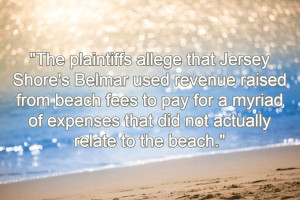 The language of the complaint insinuates that Mayor Doherty and the council acted in the manner described above in the interest of Belmar and its taxpaying constituency. The plaintiffs allege that Jersey Shore’s Belmar used revenue raised from beach fees to pay for a myriad of expenses that did not actually relate to the beach.
The language of the complaint insinuates that Mayor Doherty and the council acted in the manner described above in the interest of Belmar and its taxpaying constituency. The plaintiffs allege that Jersey Shore’s Belmar used revenue raised from beach fees to pay for a myriad of expenses that did not actually relate to the beach.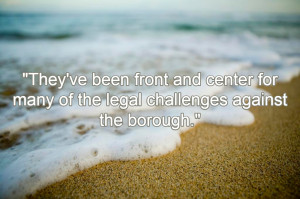 The group of plaintiffs is led by Belmar resident Joy DeSanctis and represented by former Mayor Kenneth Pringle’s law firm. They’ve been front and center for many of the legal challenges against the borough. DeSanctis alleges that the current mayor has displayed a pattern of using Belmar accounts to pay bills unrelated to public services. She alleges that Mayor Doherty has “…disregarded the true obligation of the accounts and legal guidelines of [their] use.”
The group of plaintiffs is led by Belmar resident Joy DeSanctis and represented by former Mayor Kenneth Pringle’s law firm. They’ve been front and center for many of the legal challenges against the borough. DeSanctis alleges that the current mayor has displayed a pattern of using Belmar accounts to pay bills unrelated to public services. She alleges that Mayor Doherty has “…disregarded the true obligation of the accounts and legal guidelines of [their] use.”
 Pictures he included in his post were of the livestock of a local farmer, used without permission. When posting about a vegan lifestyle and providing a sort of indictment about cruelty to animals continued to happen, Allison was eventually fired.
Pictures he included in his post were of the livestock of a local farmer, used without permission. When posting about a vegan lifestyle and providing a sort of indictment about cruelty to animals continued to happen, Allison was eventually fired.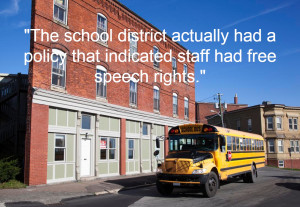 Although not common, lawsuit settlement cases similar to this do occur from time-to-time regarding free speech rights and employers attempting to control that speech outside of the workplace. In this case, the school district actually had a policy that indicated staff had free speech rights, as long as the speech was constitutional and didn’t cause an undue interruption at school.
Although not common, lawsuit settlement cases similar to this do occur from time-to-time regarding free speech rights and employers attempting to control that speech outside of the workplace. In this case, the school district actually had a policy that indicated staff had free speech rights, as long as the speech was constitutional and didn’t cause an undue interruption at school.
 as perjured testimony, withholding evidence, and ignoring leads pointing to other suspects.
as perjured testimony, withholding evidence, and ignoring leads pointing to other suspects. while Anthony was awarded a settlement, the city has never admitted to any wrongdoing and argues that detectives properly conducted the investigation.
while Anthony was awarded a settlement, the city has never admitted to any wrongdoing and argues that detectives properly conducted the investigation.
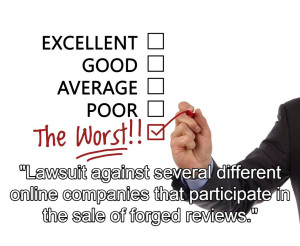 deliver fake five-star reviews as a means of deceiving buyers into purchasing poorly rated products.
deliver fake five-star reviews as a means of deceiving buyers into purchasing poorly rated products. Lawsuits such as this are imperative to maintaining the reputability and trustworthiness of businesses, so consumers can continue to have confidence and assurance over the products they purchase. Amazon took a noble step in filing a lawsuit, which will hopefully serve as a warning to others hoping to profit off of the callous deception of consumers. Though, as James Tenser from VSN strategies stated, “Paid ads should be identified as such. Amazon’s legal action is welcome now, but Amazon has already profited greatly over the years from turning a blind eye to this odious practice.”
Lawsuits such as this are imperative to maintaining the reputability and trustworthiness of businesses, so consumers can continue to have confidence and assurance over the products they purchase. Amazon took a noble step in filing a lawsuit, which will hopefully serve as a warning to others hoping to profit off of the callous deception of consumers. Though, as James Tenser from VSN strategies stated, “Paid ads should be identified as such. Amazon’s legal action is welcome now, but Amazon has already profited greatly over the years from turning a blind eye to this odious practice.”
 strongly suggests the ambulance companies fraudulently claimed more than 15 million dollars for those misrepresented patients.
strongly suggests the ambulance companies fraudulently claimed more than 15 million dollars for those misrepresented patients.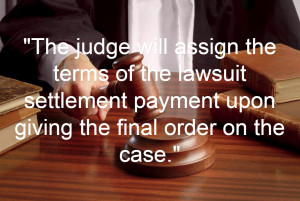 The companies’ deemed responsible for the fraudulent claims must repay the total listed amount by the given date or face further repercussions. The judge will assign the terms of the lawsuit settlement payment upon giving the final order on the case. For the foreseeable future, all further claims from these companies, and related claims from un-involved entities, will be under intense scrutiny by all US government insurance representatives.
The companies’ deemed responsible for the fraudulent claims must repay the total listed amount by the given date or face further repercussions. The judge will assign the terms of the lawsuit settlement payment upon giving the final order on the case. For the foreseeable future, all further claims from these companies, and related claims from un-involved entities, will be under intense scrutiny by all US government insurance representatives.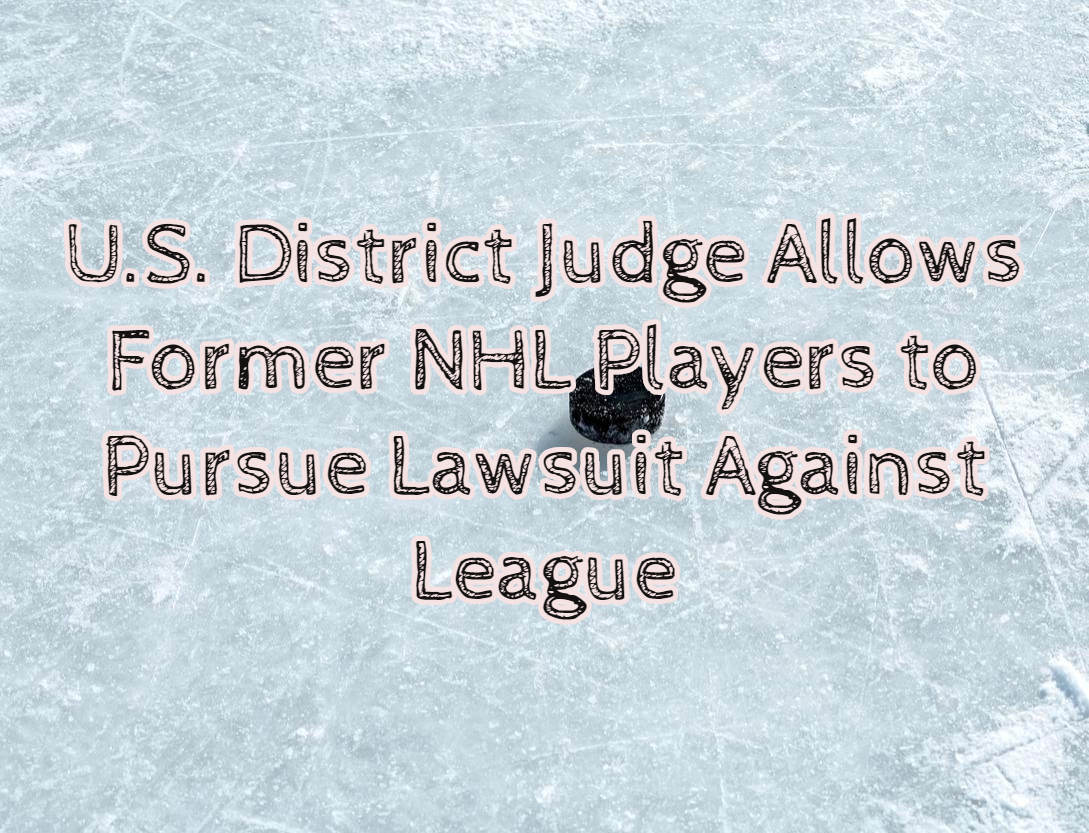
 initiatives related to football safety.
initiatives related to football safety. The plaintiffs are seeking unspecified financial damages and medical monitoring for the myriad of neurological disorders that are common among both former NHL and former NFL players, such as Parkinson’s and Alzheimer’s disease. Their lawsuit will increase awareness of the dangers of concussion injuries and increase safety standards by the league, regardless of the lawsuit settlement payment.
The plaintiffs are seeking unspecified financial damages and medical monitoring for the myriad of neurological disorders that are common among both former NHL and former NFL players, such as Parkinson’s and Alzheimer’s disease. Their lawsuit will increase awareness of the dangers of concussion injuries and increase safety standards by the league, regardless of the lawsuit settlement payment.
 Andrew White, a former BYU student, has settled a highly publicized eviction lawsuit. White was evicted from his Provo apartment complex after his landlord claimed that he violated policies in his lease along with BYU’s code of honor and residential living standards. White, who is gay, allegedly had a dispute with his roommates over food which eventually led to them kicking him out of the house. His roommates allegedly turned against him after he admitted that he was gay and professed his adoration for one of his fellow apartment tenants.
Andrew White, a former BYU student, has settled a highly publicized eviction lawsuit. White was evicted from his Provo apartment complex after his landlord claimed that he violated policies in his lease along with BYU’s code of honor and residential living standards. White, who is gay, allegedly had a dispute with his roommates over food which eventually led to them kicking him out of the house. His roommates allegedly turned against him after he admitted that he was gay and professed his adoration for one of his fellow apartment tenants. Terms of the settlement were not disclosed. Yet White demanded damages in excess of $100,000, so it is believed that he emerged from the conflict with a sizable lawsuit settlement payment. White demanded such a large sum in order to pay for his relocation costs, damages, the repair and replacement of personal belongings and compensation for stress, fear and anxiety that he has endured since his eviction from the Village at South Campus.
Terms of the settlement were not disclosed. Yet White demanded damages in excess of $100,000, so it is believed that he emerged from the conflict with a sizable lawsuit settlement payment. White demanded such a large sum in order to pay for his relocation costs, damages, the repair and replacement of personal belongings and compensation for stress, fear and anxiety that he has endured since his eviction from the Village at South Campus.